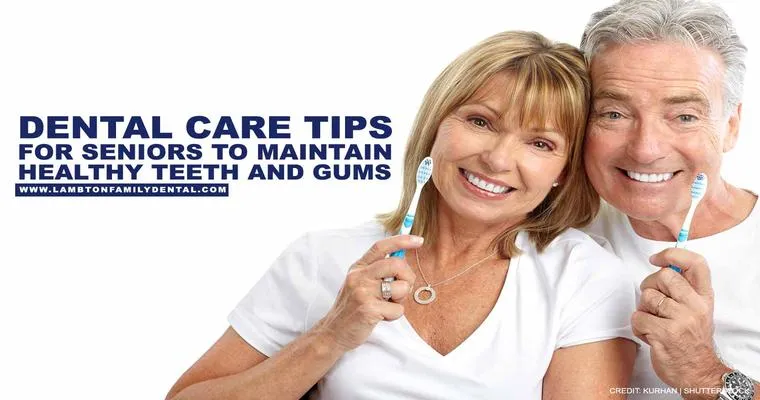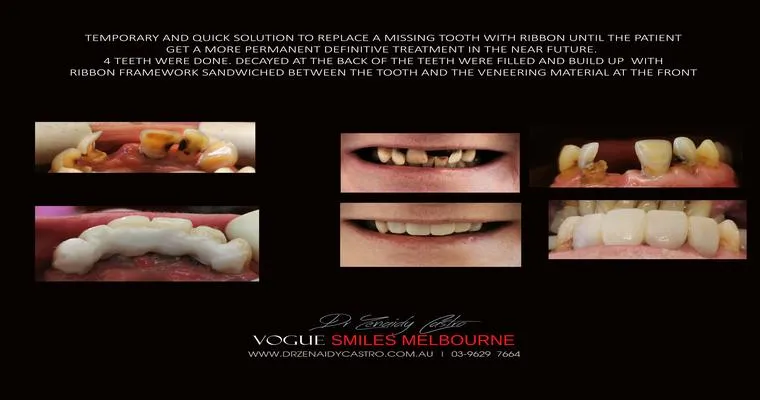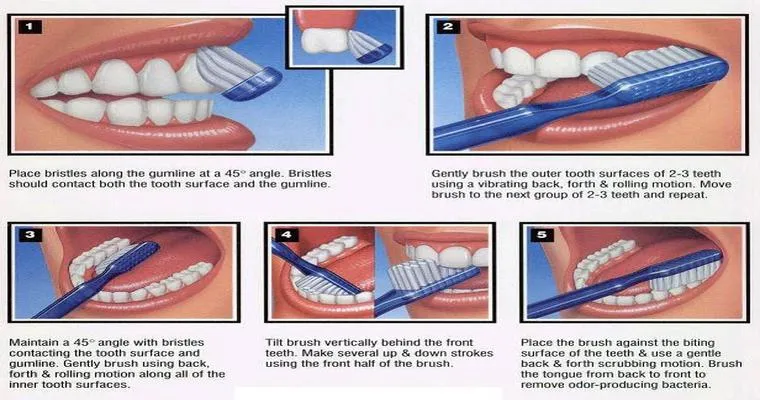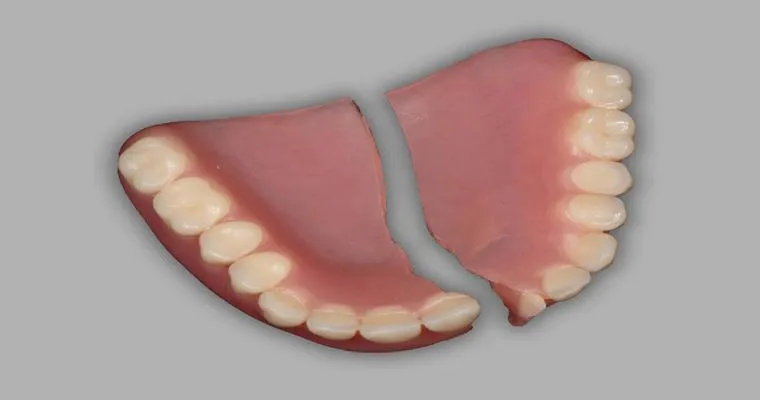Dealing with an elderly parent, especially a "96-year-old mother", who is refusing "dental care" can be a challenging situation. It's essential to approach this matter with empathy, understanding, and a strategic plan to ensure her oral health is not compromised. Here are some suggestions that may help you navigate this sensitive issue.
First, begin the conversation by acknowledging her feelings. Many seniors may have had past traumatic experiences with dental visits, leading to anxiety or fear surrounding dental care. By validating her emotions, you create a safe space for open dialogue. Ask her about her concerns regarding "dental appointments" and listen actively. This will not only help you understand her perspective but may also ease her apprehension.
Next, educate her on the importance of maintaining oral health, especially at her age. Explain how "dental care" can directly impact her overall health, including her ability to eat nutritious foods, which is vital for her well-being. Highlight the risks of untreated dental issues, such as infections or complications that could arise from poor oral hygiene. Providing information in a gentle and non-threatening manner can help her see the value in seeking care.
Consider scheduling a visit with a geriatric dentist who specializes in treating elderly patients. These professionals often have the experience and techniques to make dental visits more comfortable for seniors. They can also provide at-home care options if she is unable or unwilling to visit the clinic. Having a knowledgeable dentist who understands her unique needs can make a significant difference in her willingness to receive care.
If she is still resistant, you might explore alternative options. For instance, some dental practices offer sedation dentistry, which can help alleviate anxiety during procedures. Discussing these options with her may ease her fears and make her more open to treatment.
Another effective approach is to involve family members or friends who she trusts and respects. A familiar voice may persuade her to reconsider her stance on dental care. Sometimes, hearing recommendations from peers or loved ones can carry more weight than those of a family member.
Moreover, consider making the dental visit social and enjoyable. You could plan a fun outing before or after the appointment, such as a lunch at her favorite restaurant or a visit to a place she enjoys. Associating the dental visit with a positive experience can help alleviate some of her fears.
Lastly, be patient and understanding. It may take time for her to come around to the idea of dental care. Keep the lines of communication open, and reassure her that her health and happiness are your top priorities.
In conclusion, dealing with a "96-year-old mother" who refuses "dental care" requires a compassionate approach. By understanding her fears, educating her on the importance of oral health, and exploring alternative options, you can help her make informed decisions about her dental care. Remember that patience and empathy are key in this delicate situation.





